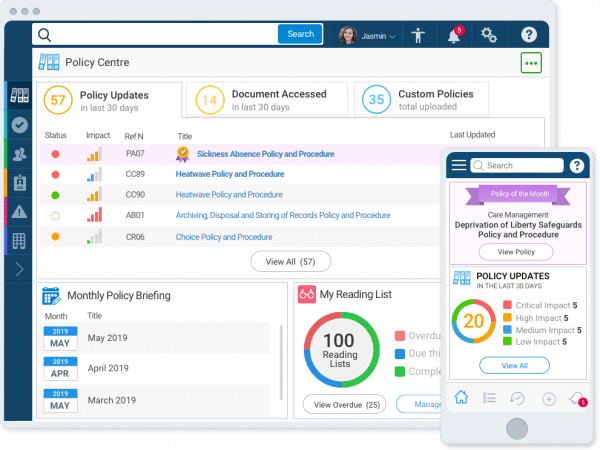21st century care needs are changing fast. People are living longer and staying healthy for longer. In addition to this, prospective service users are more than ever aware of their need for dignity, choice and respect for their human rights. Since the 1980s in particular we have seen an upward trend of service users preferring to stay in their own home to receive care, rather than move to a residential property.
With greater respect for the individual being afforded today than at any point in the past, it is a natural step that a service user would prefer, wherever possible, to remain in their own home to receive care. This has led an ever burgeoning industry being created, with logistical and care demands being placed upon the provider. As with all care services it is imperative that the regulatory standards of care are always being adhered, but with domiciliary care staff working remotely, it becomes even more challenging to manage this.
The reality is, domiciliary care will continue to rise in popularity so ensuring that safeguards, checks and respect for the human rights of their service users, is something which must continually evolve and be continually evaluated.
Registration and Inspection
As service users opt ever more for care in their own home as opposed to within a residential setting, it comes as no surprise that there are now 7,462 domiciliary care agencies registered with the Care Quality Commission in England alone.


